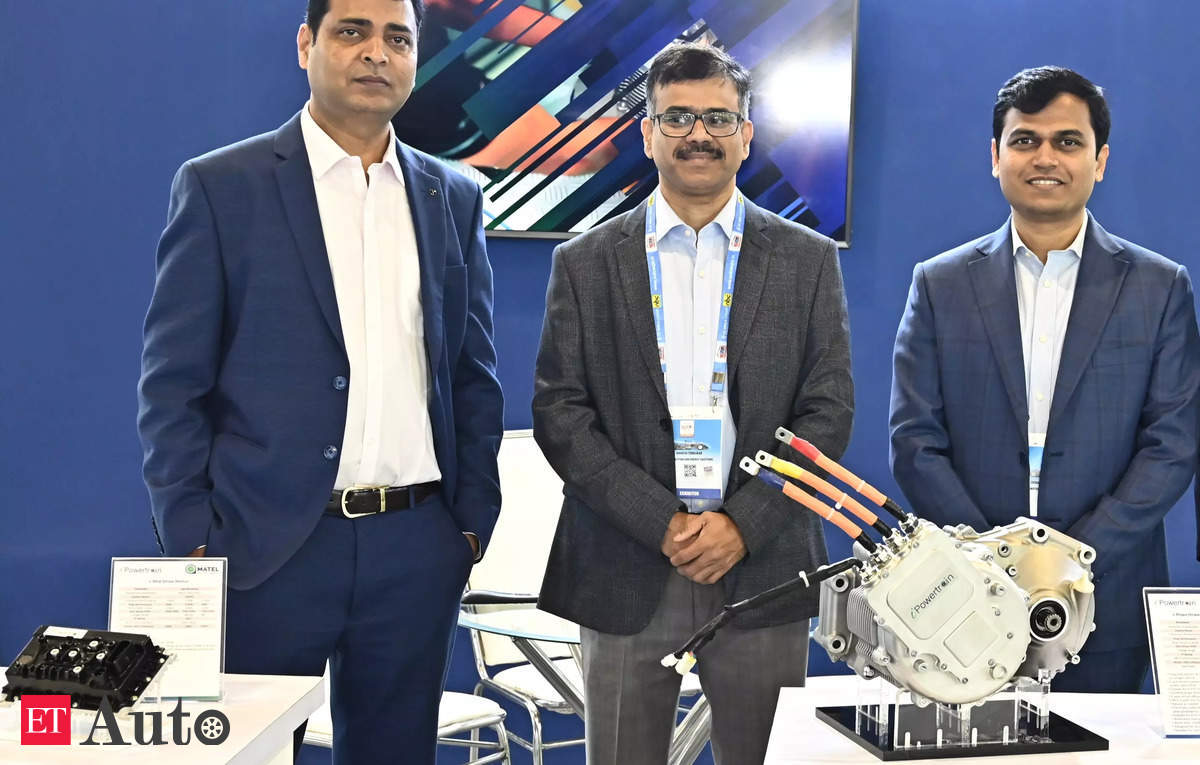Matel, which makes components like power trains and motor control units for electric vehicles (EV) among other things, has raised USD 4 million in a funding round led by clean energy-focused venture fund Transition Venture Capital.
The round also saw participation from Nikhil Kamath-backed Gruhas and from Haresh Abichandani, the founder of electronic components firm Millenium Semiconductor. This is the first time that Matel, founded in 2017, is raising institutional funding, said cofounder Netaji C Patro.
“We’re keen on Matel’s focus on motors and motor controllers, crucial in the EV value chain. Matel’s integrated product approach, combining controllers and motors, unlock significant efficiencies, aligning perfectly with our investment strategy,” said Raiyaan Shingati, cofounder and managing partner at Transition VC.
The funds will be used to expand the team, which is currently sized 60 people, with hiring focused on doubling the research and development (R&D) team, Patro told ET. The firm will also increase its manufacturing capacity from the current 5,000 units a month to 20,000 units a month by FY26, Patro added.
Matel, which also makes machines for irrigation and industrial usage, designs and manufactures EV components like power trains, which is the system that includes the engine, transmission and driveshaft, and motor control units, which is the device that interfaces between the batteries and the motor. The firm also has a battery management system under development, Patro said.
“A lot of the cost of ownership in EV comes from energy-consumption related issues… most of our R&D work is focused on improving the engine’s performance and efficiency across a large footprint of load to solve this,” he added. The firm currently focuses on three-wheeler EVs, but also has products for two-wheeler and four-wheeler EVs.
Matel made over INR 30 crore in revenue in FY24 and has been profitable at a profit after tax (PAT) level since 2019, Patro told ET. The firm is looking to exit FY26 with over INR 100 crore in revenue, he added.
“While the irrigation and industrial business will grow as usual, we see most of our exponential growth over the next few years come from the EV segment,” Patro said.





